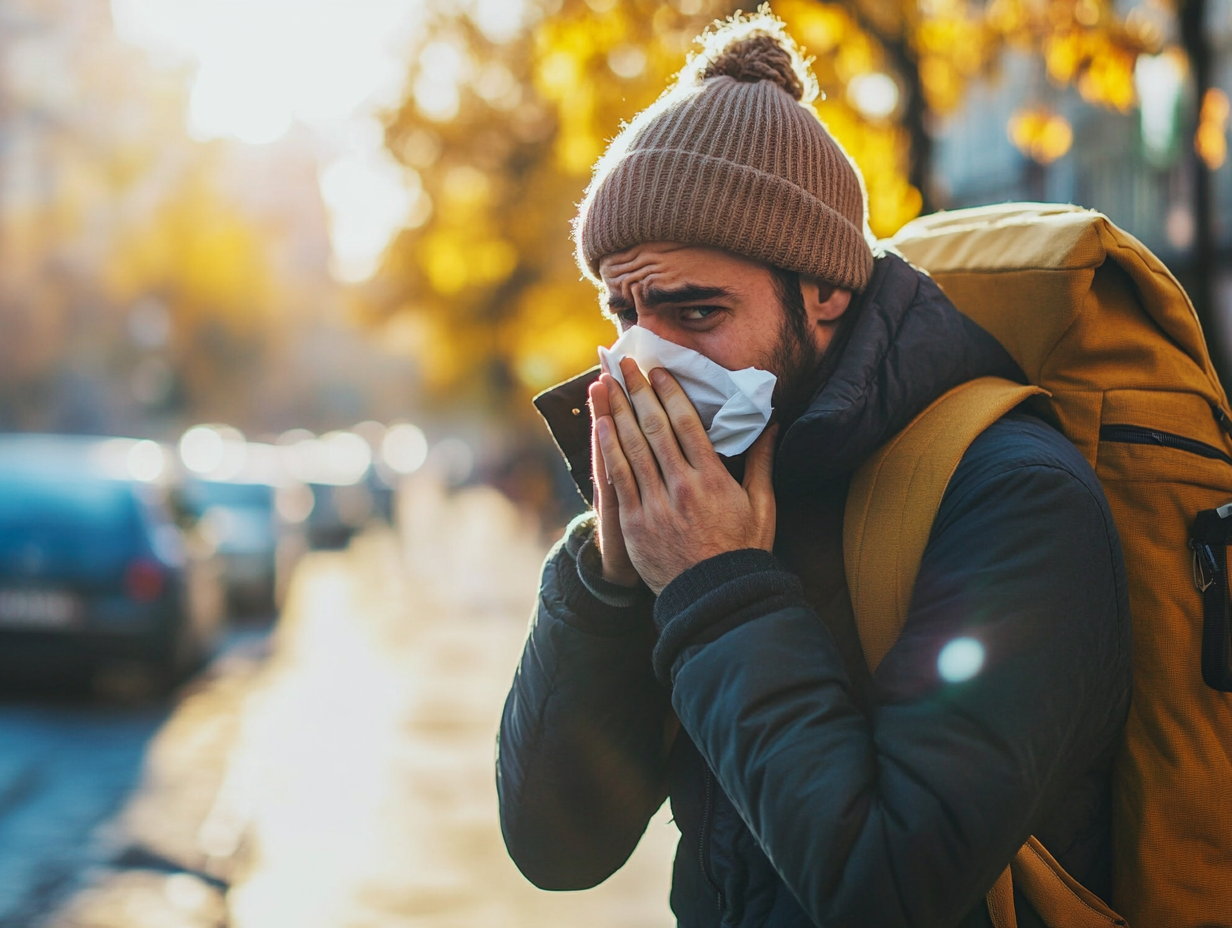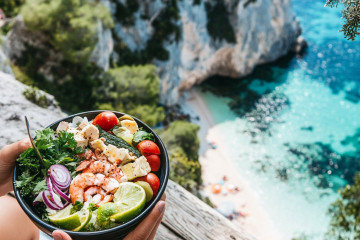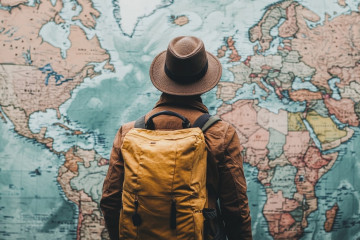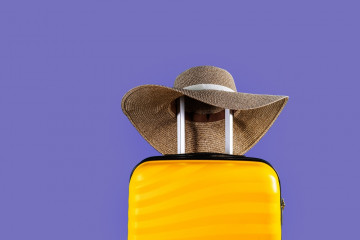Travelling in winter when you have respiratory issues poses a big challenge. But with these expert tips, you can travel safely and enjoy your winter escapades.
Travelling in winter, especially to mountains with respiratory issues like allergies and asthma is no ballgame. You are exposed to cold air, dryness, and not to mention dust mites and mould, which makes your condition worse and your vacation a disaster. If you want to make the most of your trip and bring back sweet memories instead of a sore throat then here are the top 5 tips for travelling safely and enjoying your winter escapades provided by Dr. Vinod Chauhan, Consultant Chest Physician & Pulmonologists, Kokilaben Dhirubhai Ambani, Navi Mumbai
How To Survive Winter Holidays When You Have Allergies And Asthma
Here are some expert tips on how to avoid flare-ups during your winter holidays when you have allergies and asthma:
Pack Your Medications
“Always have your prescribed inhalers, antihistamines, and decongestants on hand. Just bring extra of everything, in case of delays, and have it all readily available, especially in your carry-on. If necessary, consider wearing a medical alert bracelet,” said Dr Vinod.
Minimise Triggering Environments
“There is dry, cold air that can precipitate asthma symptoms. Be cautious not to stay outdoors too long in really very cold air,” said Dr Vinod. Use a scarf or mask that you cover your nose and mouth with when outdoors. This can help warm the air a little before your lungs receive it.
Choose Allergy-Friendly Accommodations
When booking hotels or rentals, prioritise allergy-friendly options by selecting non-smoking and pet-free locations. This helps minimise allergen exposure. Additionally, if you have specific allergies, request special accommodations, such as hypoallergenic bedding and tailored cleaning services.
Stay Hydrated
Dry winter air can severely irritate your nose and lungs. To combat this, drinking plenty of water is crucial to keep your airways moist. Also, using saline nasal sprays helps maintain open and hydrated nasal passages, further alleviating discomfort. By staying hydrated and using nasal sprays, you can effectively protect yourself from winter’s harsh dryness.
Be Mindful Of Indoor Allergens
“Some allergens, such as the dust mites and mould stirred up by indoor heating, can trigger an asthma attack or allergic reaction. Use of air purifiers and also staying in well-ventilated spaces is recommended. Avoid carpets which are thick and furniture covered with fabrics, which retain allergens,” said Dr Vinod.
Thus, a fun and safe winter vacation is achievable even if you have allergies and asthma using the above tips.






